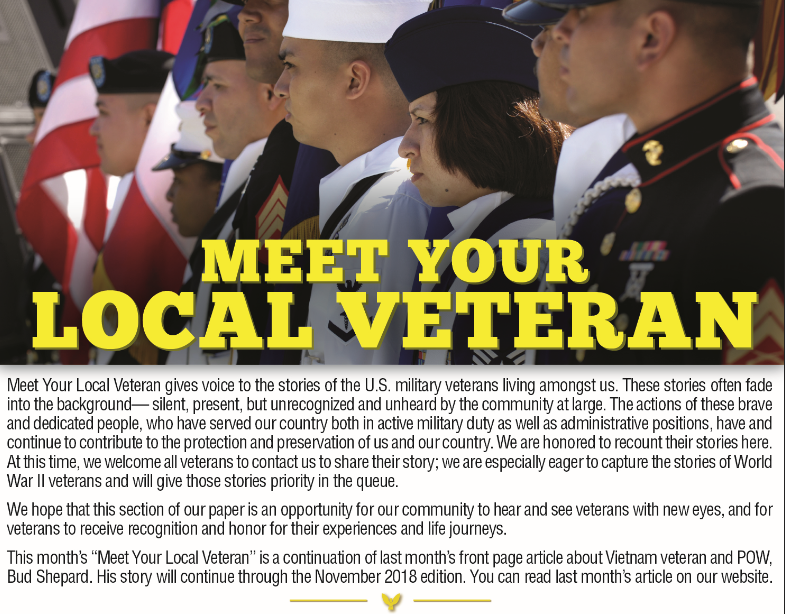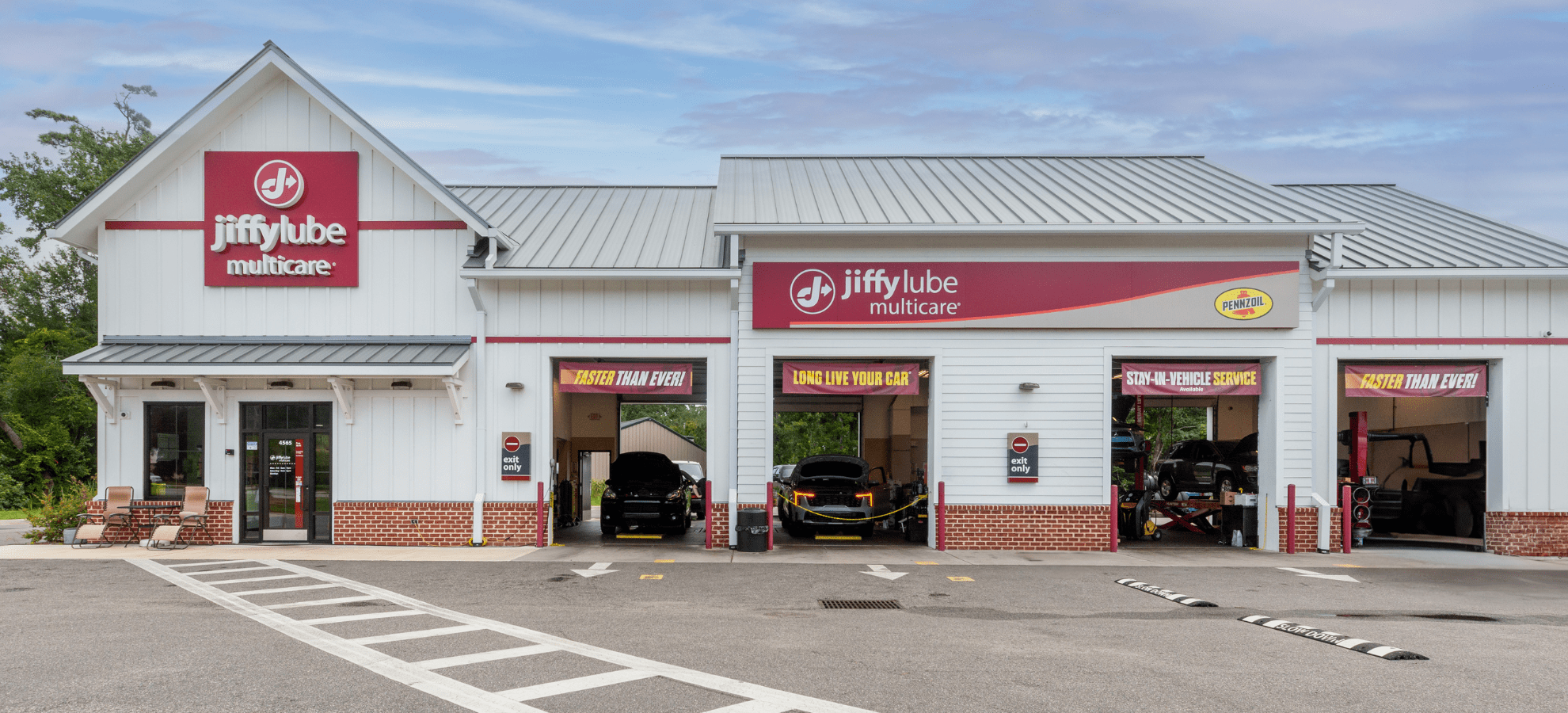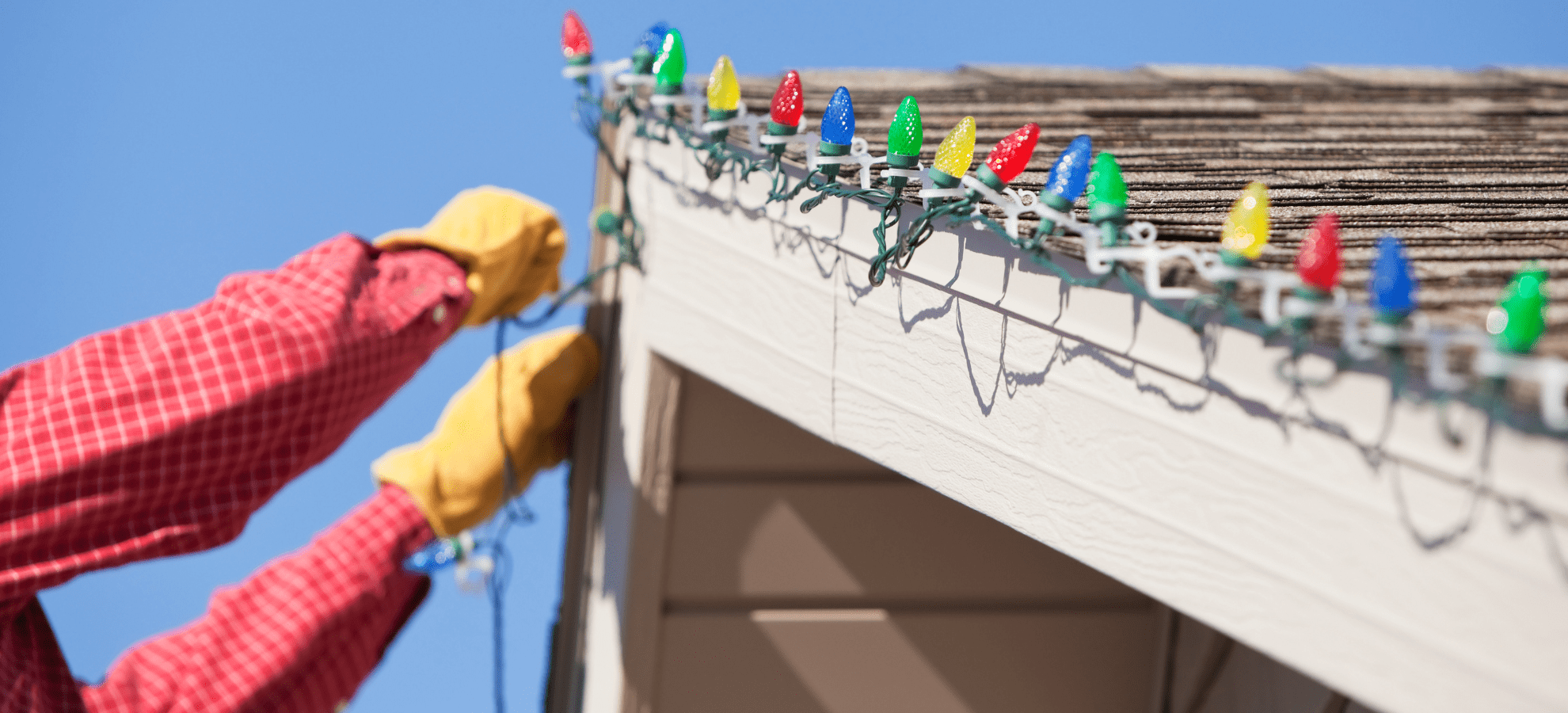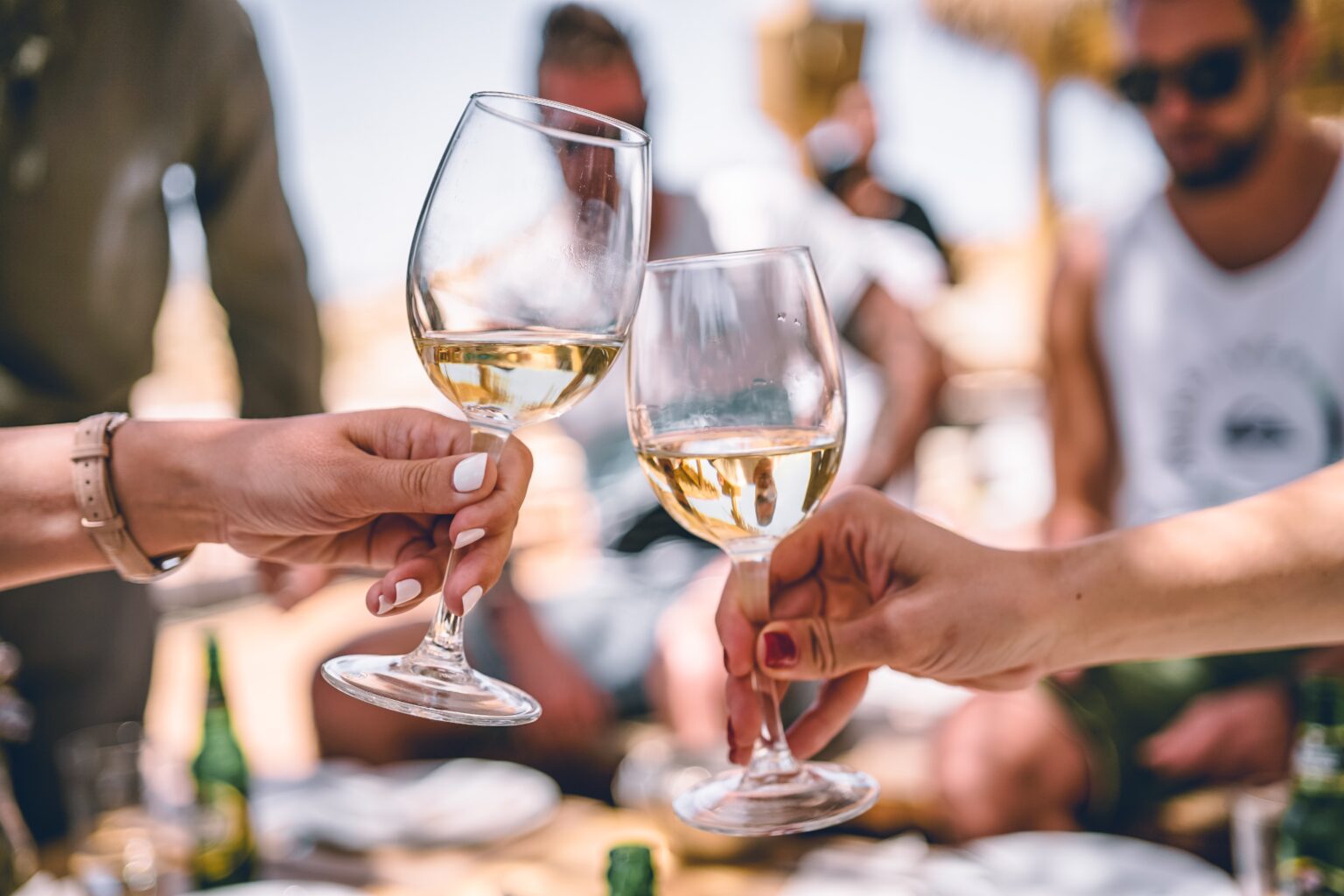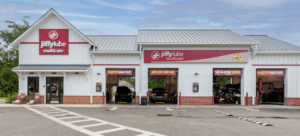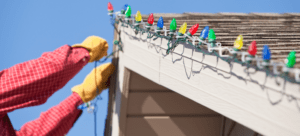Vietnam Veteran and POW
“Celebrate Our Veteran” gives voice to the stories of the U.S. military veterans living amongst us. The actions of these brave and dedicated people, who have served our country both in active military duty as well as administrative positions, have and continue to contribute to the protection and preservation of us and our country.
We hope that this section of our paper is an opportunity for our community to hear and see veterans with new eyes, and for veterans to receive recognition and honor for their experiences and life journeys.
This month’s “Celebrate Our Veteran” is a continuation of last month’s front page article about Vietnam veteran and POW, Bud Shepard. His story will continue through the November 2018 edition. Click here to read part 1.
by Melissa LaScaleia
“Since our fuel was shot out, we had to make a landing as quickly as possible,” Bud continues. “George did a nice landing in an open field. Meanwhile, our wingman helicopter team spotted our emergency descent, and landed next to us a few moments later. What we didn’t realize, was that in the forest surrounding the field there were about 7,000 enemy soldiers hiding in the trees.
“We crawled into the back of the helicopter, and as we lifted off, the tree line just opened up on us. They shot the hell out of us,” Bud says. “The helicopter was twenty feet off the ground and it blew up and caught on fire. I was shot in the buttocks and received shrapnel in my chin before it crashed back to the ground. But I was able to move I grabbed the fire extinguisher out of our first helicopter, but it was empty. And I tried for the second, and it was empty too.
“In Vietnam, we’d often get beer, but it was always warm because of the climate. Guys who weren’t pilots and thus didn’t understand the importance of the fire extinguishers, would take them from the helicopters and spray them on the beer cans to cool them down, then put the empty extinguisher back. Even though they weren’t supposed to, it happened all the time. So I couldn’t extinguish the fire, and I looked around me, and I was completely alone.
“That’s a feeling I never want to repeat. At this time, I was twenty years old. I wasn’t scared. I wasn’t afraid to die. What worried me the most was my mom back home. If she knew I was shot and killed and my body was never recovered it would kill her. So I retrieved my machine gun from the first helicopter, and I laid on the ground and waited for the enemy to come after me. After some time, one of our wing-man pilots snuck out of the jungle secretly, and motioned me to follow him into the jungle.”
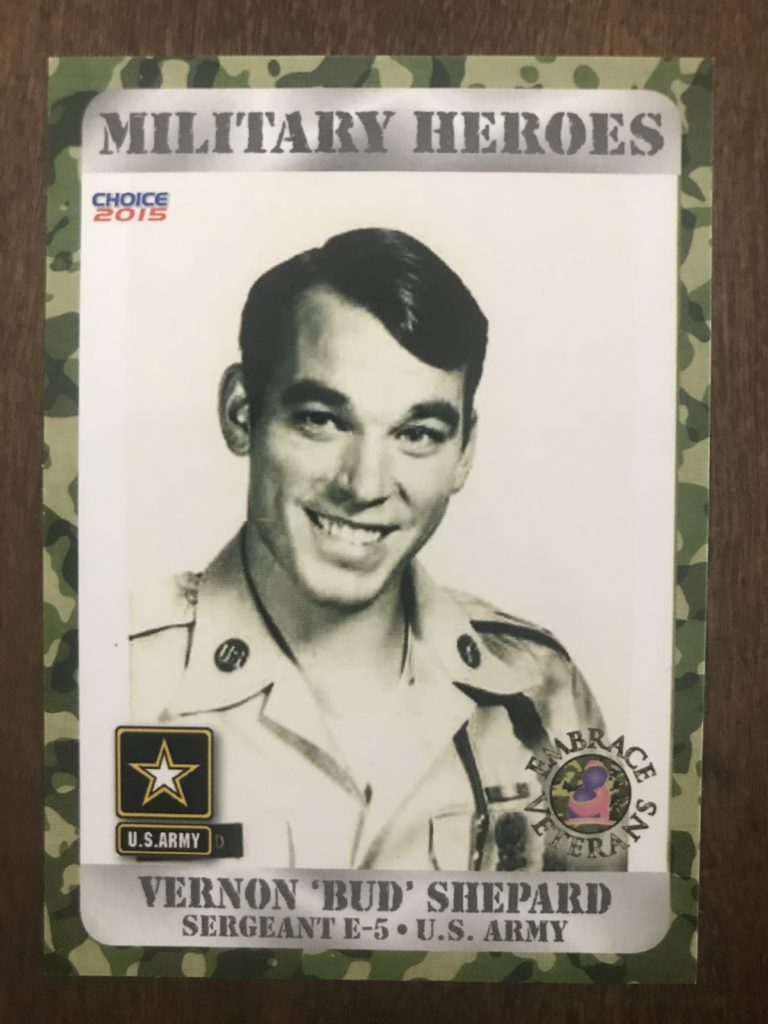
The COBRA gunship also spotted the crash, but not the multitude of soldiers hiding in the trees. As they attempted to land and saw George lying in the wreckage, they tried to pull him into the back. But several bullets hit the steering controls and caused the helicopter to crash and tip over. The pilot was shot in the legs, and the co-pilot in the hands; then they too, fled into another part of the jungle.
“So now there are six of us on the ground,” Bud says. “It seemed like hours went by in minutes. There was an attempt to come in and rescue us with a Huey helicopter. It swooped in in the darkness. There was only one of us not wounded, and he could get up and run to it. I was so close that I could see inside of it. But it was starting to take on enemy fire so it lifted off, having picked up that one guy.
“That night it was calm. I was with Jim, the pilot I flew with most of the time. The next morning there were attempts to come in and rescue us. But we only had one platoon of infantry. A helicopter dropped them off in the distance, but they quickly realized they were outnumbered, and retreated for a pick up. It would have been suicide if they had stayed.
“From our vantage point, throughout the day, we could see the enemy rifling through our downed helicopters. They were taking out anything they could use.
“On day two, we could hear a lot of fighting in the background away from the crash site. I found out much later that they sent 300-400 South Vietnamese soldiers to come in and retrieve us, not realizing how many enemy forces there were. They had a 60% casualty rate, and what was left of that South Vietnamese company got extracted out.”
On day three, it was quiet.
“At that point, Jim and I decided we were going to have to find our own way out. Between the two of us, we had one rifle and a bayonet. That night it was raining, so it was easy for us to get out of the area, because the rain muffled our sounds.”
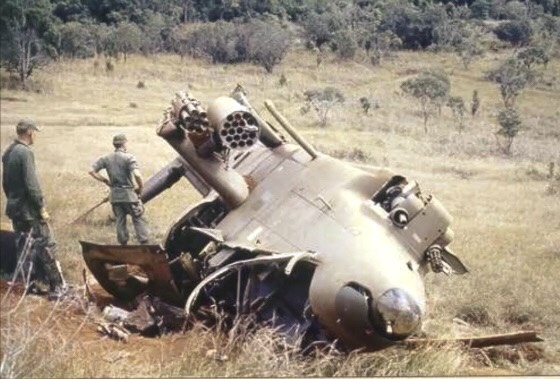
Jim told me later that the wound in my buttocks was so bad and so infected that he didn’t think I was going to live,” Bud says. “He didn’t want to say anything because he didn’t want me to freak out. It was difficult for me to walk. But we went as far as we could. We found an old hollowed-out log, and laid beside it trying to conceal ourselves. When we woke up in the morning, we were by a stream, so we were able to drink. We walked 3-4 hours, towards the sounds of aircraft.”
“We figured we were heading in the direction of one of our fire bases. Suddenly, we came to a clearing and then, a hill. Jim said to me: ‘I’m going to go climb the hill and I’ll motion to you when I’m at the top if it’s safe. So he gets half way up, and I thought it was safe, and I started to climb. And the enemy opened-fire on us. I fell down on my face, and lay there, motionless.
“The enemy came over and stuck their rifles in my back and neck and motioned me to get up. I was taken into the tree line and tied up. An English speaking soldier asked me who I was with. I lied and said no one because I didn’t know if they had seen Jim or not.
“But they had. And they brought him, and tied him up too. They questioned us. After some time passed, they gave us a little bit of rice to eat, they blindfolded us, tied us together, and then walked with us all day and into the darkness of night. We eventually made it to one of their compounds and they put us in a lean-to and had guards watching us. The next day, they blindfolded and tied us, and again we walked all day…..”
Click here to read Part 3.




